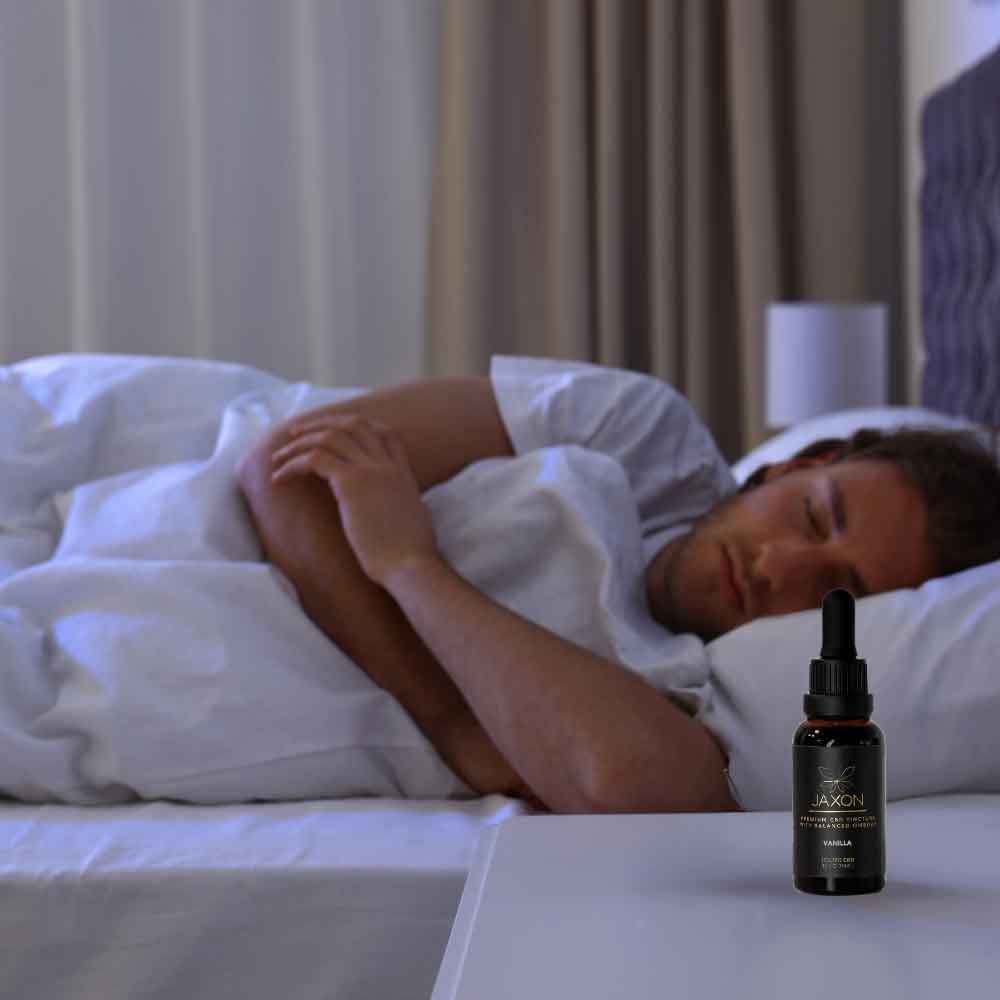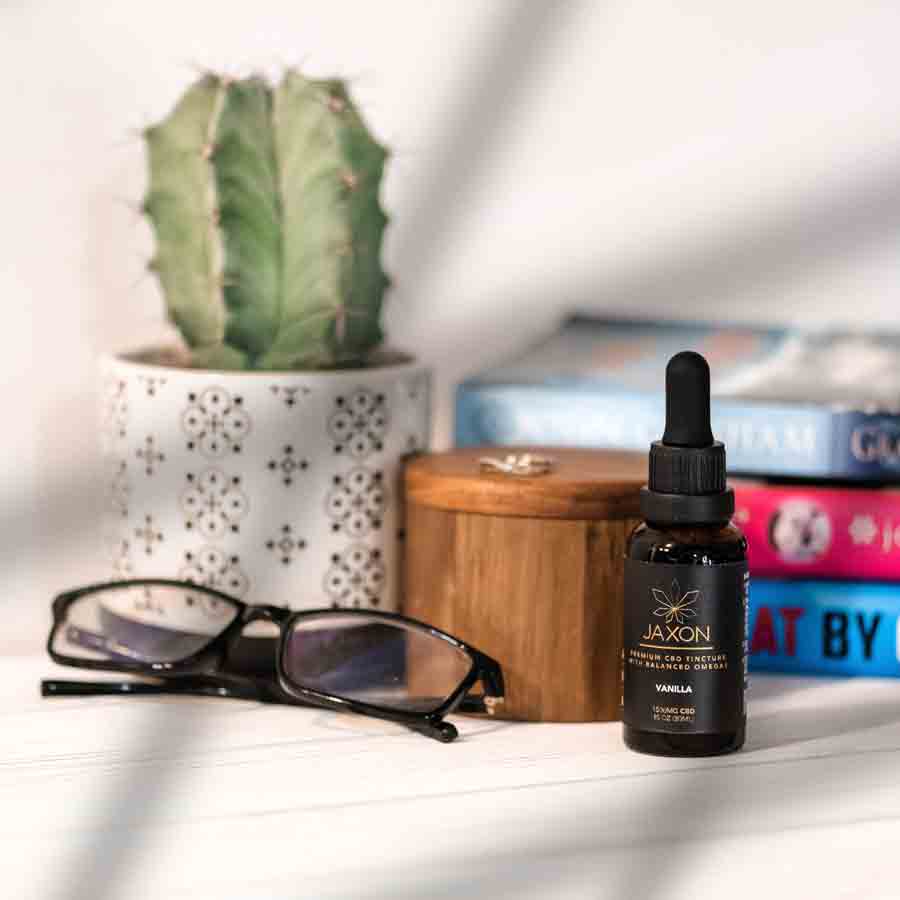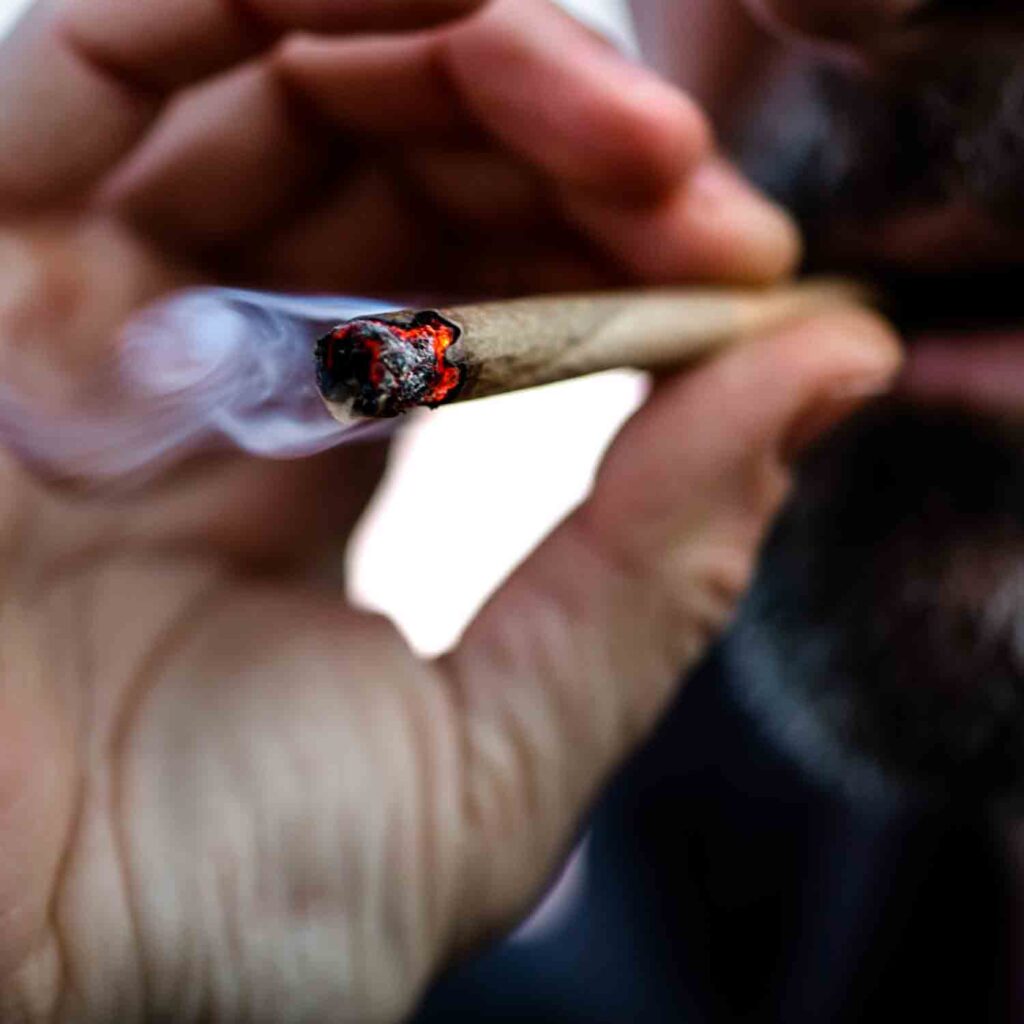
Hey there, night owls and restless dreamers! Struggling with poor sleep? Don't worry; we're diving into how CBD can improve your sleep duration and quality, making those sleepless nights a thing of the past. So, get comfy, and let's dive in!
What in the World is CBD?
CBD, or cannabidiol (CBD), is like the calm cousin in the cannabis family. Unlike THC (tetrahydrocannabinol THC), which is known for its psychoactive effects (yes, the high), CBD is all about relaxation without altering your state of mind.
CBD works by interacting with your Endocannabinoid System. Imagine this system as a complex network of messengers and receptors that maintain health and well-being. When it comes to sleep disorders, CBD gently nudges this system to help regulate your sleep-wake cycles, aiming for a more restful night.
Sleep Hygiene: More Than Just Clean Pajamas
Before we get started, let's talk about Sleep Hygiene. Think of sleep hygiene as setting the stage for a great show – the show being your sleep. A quiet, dark room and a consistent bedtime routine are like the opening act for a night of restful sleep. Incorporating CBD into this routine, perhaps as a calming CBD-infused beverage or a soothing smoke, can help signal your body that it's time to wind down.
CBD For Sleep Issues: Its Benefits
Several studies suggest that CBD supports sleep in several meaningful ways, offering a gentle, natural alternative to traditional sleep aids. Primarily, it aids in reducing anxiety, a common barrier to falling asleep. CBD helps create a tranquil state conducive to sleep by calming the mind and easing worry. Additionally, its pain-relieving properties are significant. For those kept awake by discomfort or chronic pain, CBD can provide relief, enabling a more prolonged and restful sleep.
Additionally, unlike some sleep aids such as Melatonin, CBD doesn't lead to a 'hangover' effect the following day. Users often report waking up feeling refreshed and alert, without the grogginess sometimes associated with other sleep aids. This combination of anxiety reduction, pain relief, and a clear-headed morning makes CBD an attractive option for improving sleep quality.
CBD Consumption: A Menu of Options
From oils to gummies and topicals to smokables, CBD offers a variety of ways to fit into your nightly routine. JAXON loves the ritualistic aspect of smoking CBD. Still, consumption preferences vary, so browse our product line to find out which method suits you best - delicious chocolate bars, tinctures, or the comforting ritual of a smoking session.
Side Effects: A Gentle Heads-Up
CBD as a sleep aid is a great option, but it's essential to be aware of potential side effects. Some users may experience mild discomforts such as dry mouth, drowsiness, or slight changes in appetite or mood. While CBD's calming effects are good for sleep, they might also cause daytime drowsiness. We suggest exploring its impact when you have plenty of free time and no pressing demands.
Remember that the effects will vary based on numerous factors like your metabolism, the product's terpene and cannabinoid profiles, and whether you're using indica or sativa products. Until you understand how CBD affects you personally, tread carefully.
Additionally, CBD can interact with some medications, so consulting with a healthcare provider before starting CBD, especially for those on anti-seizure medications, is crucial. It's also worth noting that the quality and concentration of CBD can vary greatly between CBD products, so choosing a reputable brand and starting with low doses of CBD is advisable. Remember, everyone's body reacts differently, and what works for one person might not work for another.
Fun Fact
Adaptogenic Properties: CBD is an adaptogen that can adapt to your body's needs. If you're stressed, it can help you relax; if you're low-energy, it might give you a boost. In contrast, most sleep meds have a one-track mind: sedation.
Sleeping With Cannabinoids: The Distinct Effects Of CBD And THC On Your Slumber: CBD vs. THC
One fun fact about CBD's advantage over THC for sleep issues lies in its non-psychoactive nature. Unlike THC, CBD doesn't induce the 'high' commonly associated with cannabis, making it a more suitable choice for those seeking sleep aid without mind-altering effects. Another noteworthy point is that THC can sometimes lead to increased anxiety or paranoia in some individuals, which is counterproductive when trying to relax and fall asleep.
In contrast, CBD is known for its calming properties, helping to reduce anxiety and promote a more peaceful state of mind. Additionally, while THC can disrupt the sleep cycle and affect REM sleep, CBD is believed to support the natural sleep-wake cycle. As a result, CBD is a better and more holistic choice than THC when it comes to improving sleep quality.
CBN and Sleep:
CBN (Cannabinol) is another fascinating compound in the cannabis plant, often described as a cousin to CBD. It's gaining attention for its potential sleep-inducing properties. However, CBN is less abundant in cannabis plants compared to CBD, making it harder to find in significant concentrations. For those seeking the sleep-enhancing benefits of CBN, examining a product's COA (Certificate of Analysis) is crucial.
This document provides detailed information about the cannabinoid profile of a product, allowing users to identify strains with higher levels of CBN. Therefore, when looking for a natural sleep aid, opt for CBD strains that boast elevated concentrations of CBN, as this combination may offer the most effective results for improving sleep quality.
Terpenes and Dreams:
Terpenes, aromatic compounds found in various plants, including cannabis, play an essential role in boosting the sleep-supportive properties of CBD. Myrcene, for example, has sedative effects, while linalool aids in stress and anxiety reduction. Together, these terpenes and cannabinoids like CBD work in synergy, enhancing each other's effects in what is known as The Entourage Effect.
Terpenes may also impact dreams, particularly during the REM sleep stage, where dreams are most vivid. Therefore, understanding the terpene profile in cannabis products is vital for those seeking natural sleep aids and more intense dreams. In essence, the right combination of terpenes and phytocannabinoids can offer a holistic approach to enhancing sleep quality and addressing sleep problems.
Hormone Harmony:
CBD can regulate cortisol, a stress hormone that is often high in insomniacs. Traditional sleep medications do not typically address hormonal imbalances.
Choosing Between Isolate, Broad-Spectrum, And Full-Spectrum For Better Sleep
Understanding the differences between isolate, broad-spectrum, and full-spectrum products is vital when exploring CBD for sleep.
CBD isolate is the purest form, containing only CBD without any other cannabis plant compounds. It's ideal for those who want to experience the benefits of CBD alone.
Broad-spectrum CBD includes a range of other cannabinoids and terpenes from the cannabis plant, but it's THC-free, offering a middle ground for those seeking additional benefits without THC.
Full-spectrum CBD, on the other hand, contains all the natural compounds of the cannabis plant, including up to 0.3% THC. This option is preferred by those who believe in the entourage effect, where all components work together for a potentially enhanced impact on sleep.
Why We Love Smokable CBD
At JAXON, we're all about smokable CBD. There's something about the ritual, the slow burn, the moment of peace that other consumption methods can't match. But remember, we're more than just smokes - our topicals and edibles are worth exploring, too! Of course, we invite you to explore all our offerings, including topicals and edibles, to find your perfect sleep companion. 
Wrapping It Up: Sweet Dreams with CBD
So, is CBD a one-way ticket to dreamland? Maybe not for everyone, but it's a promising, natural path to better sleep. Remember, start low, listen to your body, and find what works for you. Cheers to better sleep and even better mornings! Sweet dreams, everyone!
Please note that the information presented in this blog is for educational purposes only and is not intended to replace professional medical advice. While we've discussed the potential benefits of CBD for those having trouble sleeping, it's important to remember that the Food and Drug Administration has not evaluated these products.
Anecdotal evidence and some studies suggest that CBD may be a valuable natural ally for improving sleep, but we strongly recommend consulting with a healthcare professional to determine the best course of action for your specific health needs and conditions.